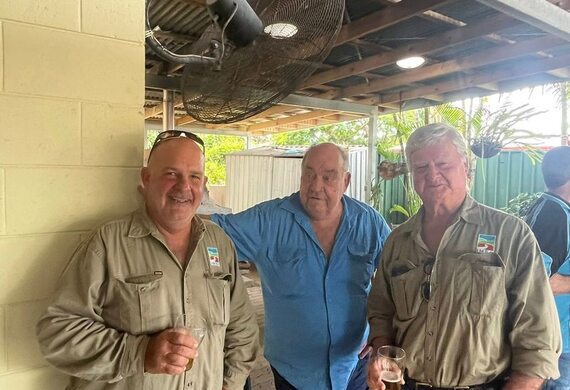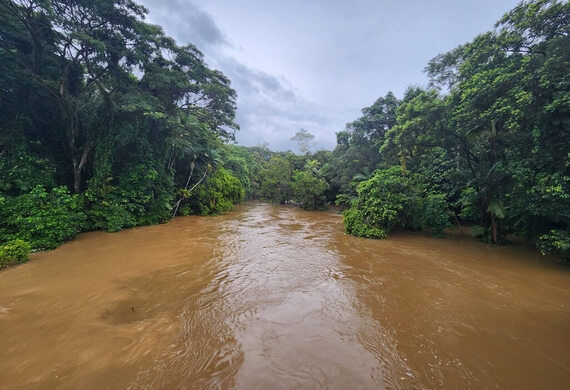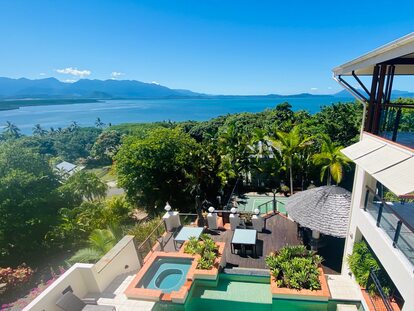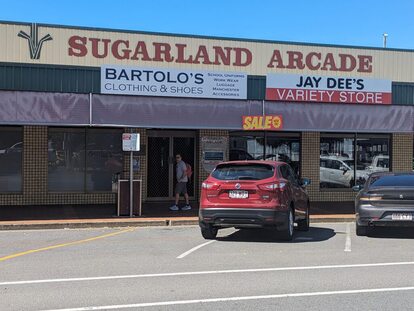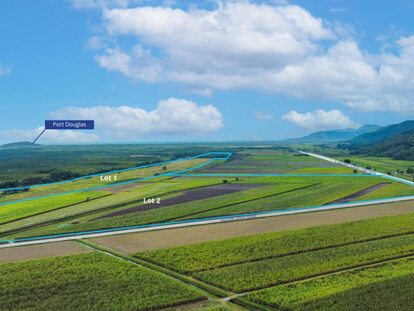Some things are still the same post Election Day
CRISPIN HULL COLUMN
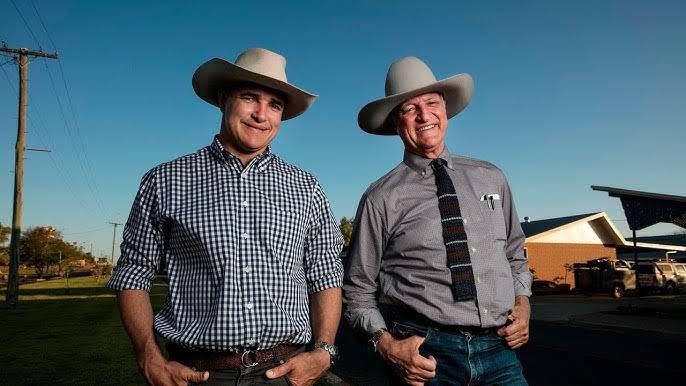
Votes ebb and flow between the major parties from election to election. But the real lesson from Saturday’s election was not what changed, but what – for the first time – stayed the same. And that was the so-called teals and independents.
They are here to stay. Likely nine of the 10 teals who were elected in hitherto safe Liberal seats in 2022 won their seats again. So did Bob Katter. Several other independents are set to join them and the Greens to form the largest crossbench in Australia’s history. It would have been larger if the Liberal Party had not given Labor seat-winning preferences over the Greens and independents in half a dozen seats.
Further, the cross bench in the Senate will be as large or larger than the Government benches and larger than the Opposition benches for the first time.
It has profound implications for the major parties. Labor cannot expect the Liberal Party to make such as hash of the campaign in the future. The Liberal Party cannot expect the lost teal seats to come back.
Inevitably, before long, both major parties will need independents to govern – or to at least refrain from joining no-confidence and supply-blocking motions even if there are no active agreements.
That being the case, the major parties should now go out of their way to accommodate some of the independents’ wishes. Certainly, Labor should not adopt a winner-takes-all approach and run a timid government out of the Prime Minister’s office as it has done for the past three years.
After all, Labor did not so much win this election as the Coalition lost it. The Coalition’s niche right-wing agenda left many voters nowhere to go but Labor.
Labor could learn from the last seismic shift in Australian politics – the rise of the Greens and demise of the Democrats in the 1980s. Labor, having won the 1983, 1984 and 1987 election, faced a leakage of support.
The then Environment Minister, Graham “Whatever it Takes” Richardson, actively courted the Greens and secured preference deals which just got Labor over the line in 1990.
Overall, progressives won handsomely in this election – so the voters will expect progress, both socially and economically. They will get peeved if the Government behaves like it has in the past three years with weak or no action on climate, energy, tax, and integrity.
In health, they will want more than just restoring bulk-billing to where it was in the 1980s. They might like dental care added to Medicare. In short, progress.
More importantly, on the economic front, the argument should not be merely about how the cake is sliced up, but how to have a bigger cake.
History shows us that – contrary to what the neo-cons say – a significant government role in industrial development leads to success. For example, the government-run NASA program in the US brought us micro-chips, computers, and a dozen other marketable things which the market alone would not have achieved because it cannot or will not invest in speculatory pure research.
The solar panel was invented in the US, but left to just the market it went nowhere in the US. The Chinese Government seeded its solar-panel industry and took the sector over.
Markets are great up to a point. But without government organisation and capital, new wealth-generating products and industries rarely flourish.
The last time the US Government organised capital and research to produce a product it was a stunning success which saved or improved millions of people’s lives: the Covid vaccine. Yet the Trump Administrations have not celebrated their lightning-speed achievement because the Republicans hate government.
Australia has abundant, cheap land for solar energy. We have the technology for every household in Australia to have abundant free electricity. Big-scale solar arrays improve the carrying capacity in sheep country because of the condensation run-off. We should be getting on with this, using massive government start-up money.
We could then attract electricity-guzzling data centres and metal refining to Australia, now the US has given up on it. Our cake would be bigger. Same for electric cars. Forget a few cents off petrol. How about totally free vehicle propulsion?
(The snapshot of our household’s latest power bill which includes all the running of the electric car shows it can be done, especially if large arrays are added to rooftop solar. The graph shows our household generates more than we use.) But it will require major government intervention to push solar beyond standalone house rooftops.
About 10 per cent of our wealth is used up in fuel imports. Getting rid of them would almost solve cost-of-living pressures and have huge health benefits from removing pollution.
It would mean standing up to the fossil industry which is behaving more and more like the tobacco industry every day – continuing to peddle its poison for profits for as long as possible irrespective of the harm it does. Just like the gambling “industry”.
Our government should deliver a fairer more efficient tax system: taxing capital and consumption more and labour less. Stamp duty and payroll taxes should go because taxing more efficient housing use and taxing employment is just dumb.
The lesson from this election is that Australians do not want silly culture wars, misinformation and legal manoeuvring blocking progress on renewables, or retreat by government. Leaving it to the private sector alone is a path to economic stagnation.
If the Liberals ever want to govern again, they have got to leave this rubbish behind, stop letting the Nationals rule policy, and concentrate on where new wealth is coming from. Technological innovation improves people’s lives. Promoting it is smart. Resisting it is dumb.
Yes, re-elected Prime Minister, we want kindness and fairness. But we also want intelligence, vision, and action.
Crispin Hull is a former editor of The Canberra Times and regular columnist.
*Crispin Hull is a distinguished journalist and former Editor of the Canberra Times. In semi-retirement, he and his wife live in Port Douglas, and he contributes his weekly column to Newsport pro bono.
The opinions and views in this column are those of the author and author only and do not reflect the Newsport editor or staff.
Support public interest journalism
Help us to continue covering local stories that matter. Please consider supporting below.


